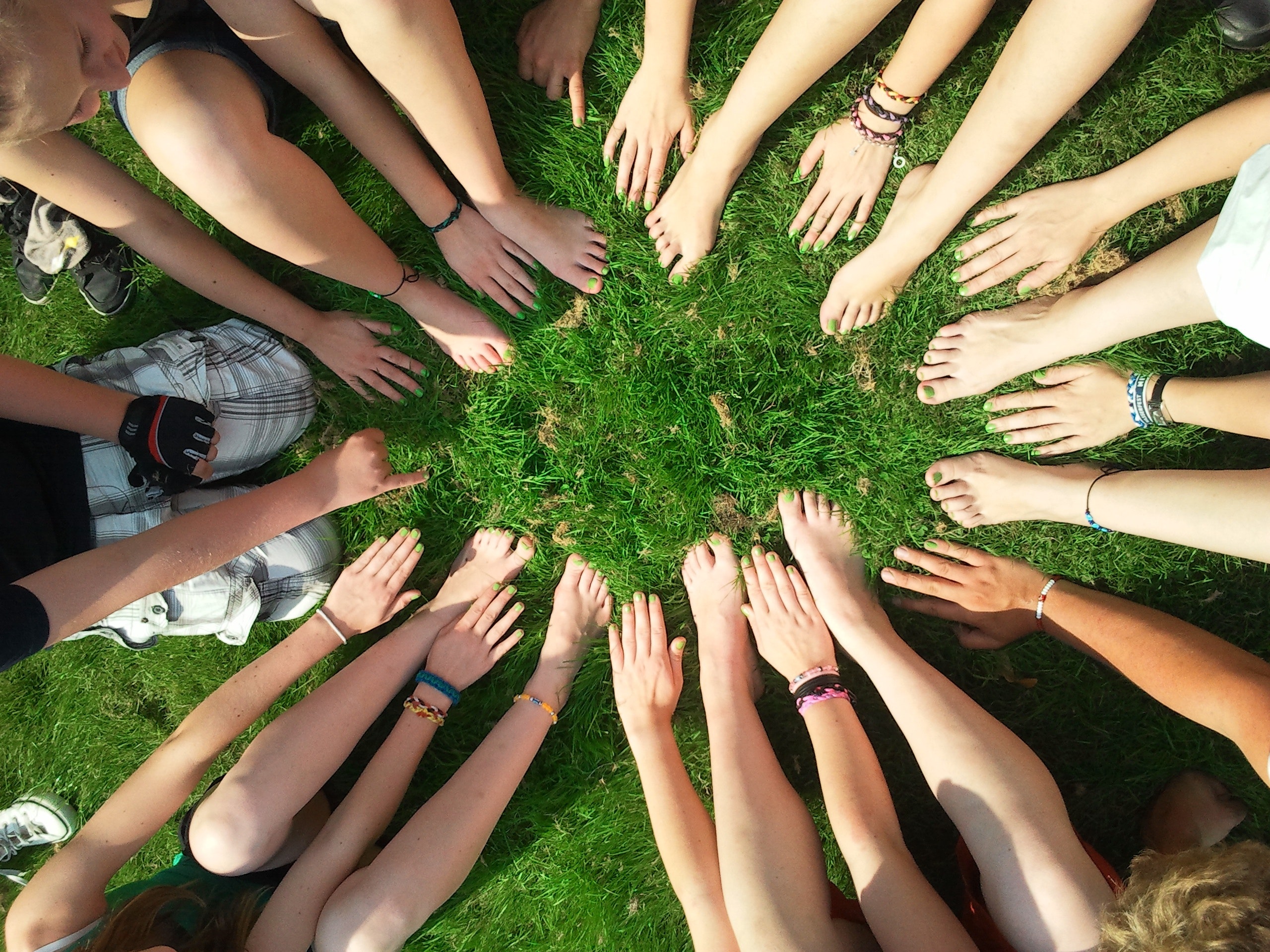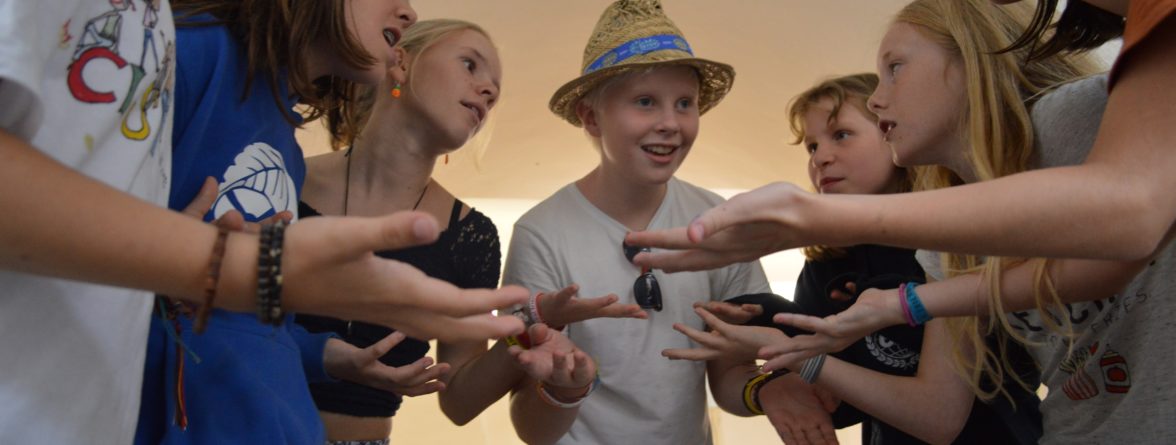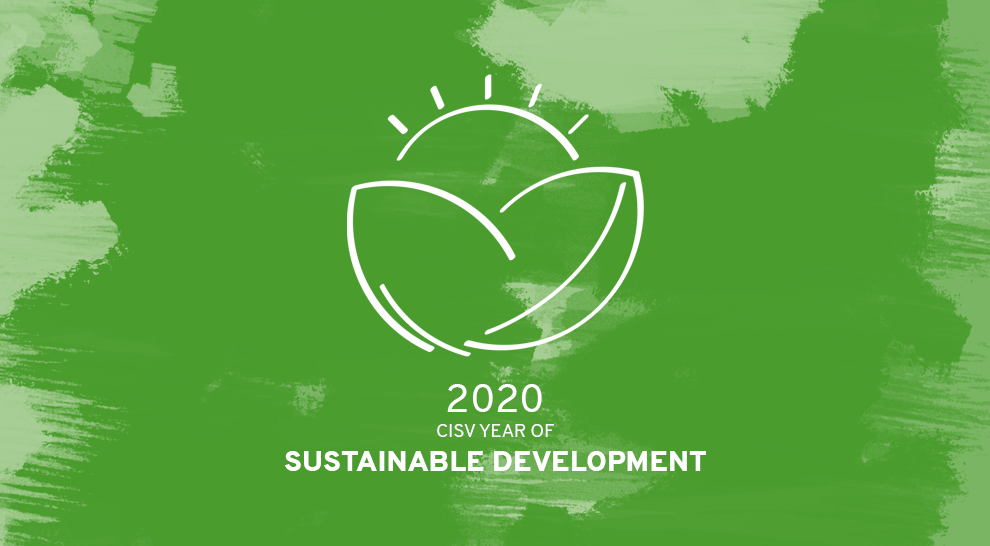
7 Resources for Exploring Conflict and Resolution
May 3, 2019
8 Tips for Exploring Conflict and Resolution in our Educational Content
May 30, 2019Resolving Conflict at Camp
When I was 16 years old I attended a Village as a Junior Counselor. In this Village, people from all over the world came together to share and learn from each other, enjoying activities and having fun. There was a participant from Europe, Lucas, who was struggling to make friends. Lucas didn’t speak any English, and was feeling very frustrated with his inability to communicate. The rest of his delegation spoke perfect English, and he felt abandoned and largely ignored.
As time passed, Lucas got more and more upset and started to become more aggressive in his attempts to ask for attention. When we had free time, he expressed his anger by making insults in his native language or pushing other kids around. We had to do something about this because he wasn’t having fun and was negatively affecting the experience of others.
His leader and the others in his delegation tried to talk with him, but nothing seemed to work. As days passed he became quieter with a sad and frustrated look on his face. He didn’t want to participate in activities or play games with the other kids. I remember being especially frustrated because I thought he was a great kid.
One day, things got particularly bad. He cried and said he wanted to go home. He was sad and didn’t want to be there. He began to seek attention through difficult behaviour again, and we were very concerned that we would have to send him home to prevent the other kids from having a bad camp.
The following day, we had a special activity planned. The kids were sitting in rows and were trying to pass a message without talking by drawing on the backs of the kid in front of them. The activity was a fun one. A star somehow felt like an elephant, which was very funny! Everyone was excited, laughing, and having fun. Especially Lucas! However, when the activity finished he was once again silent and lonely. One of the kids from Asia named Sophia noticed this. She approached him and started talking to him in her native language. Making funny faces and wide gestures. Lucas was confused and then was laughing very hard. He started imitating Sophia in her gestures and language, then Sophia started imitating the way Lucas talked. I was looking from afar, and it looked like a big game of pantomime. Their laughs were contagious and wonderful.
From then on, they were always together, laughing and having fun. The other kids noticed this and started to also have fun with both of them. You could see Lucas and Sophia talking for hours, each one of them in their own language, neither of them understanding a single word of what was being said. Yet they were connecting at a deeper level.
When camp ended, and everyone was saying goodbye, no one was more heartbroken than the two of them. Then I understood – there are no barriers between people except those we create ourselves. We can break those that have been set by history and geography, by thoughts and beliefs, by language and preconceptions. I think of Lucas and Sophia every time I look at the wrongs in our world, I think of how even though they could not speak each other’s language, and even though they were from different parts of the world, they still became the greatest friends I’ve ever seen.
This is why CISV is so special. It brings people together and makes them face a diverse set of conflicts to find solutions. We need diversity, and diversity by its essence will always cause conflict. But understanding diversity is a key part of solving conflict.
There are many solutions to the conflicts we face in our world, we just have to work for them.
Gonzi – Educational Content Specialist of the International Junior Branch Team




